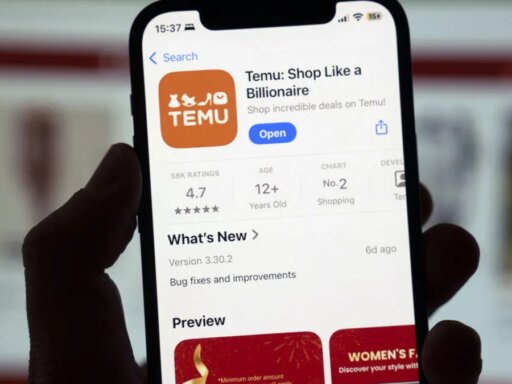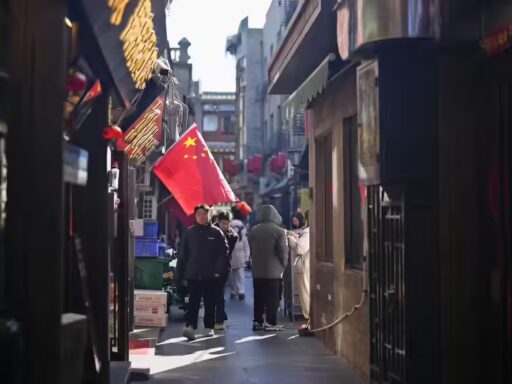“We don’t have full access to order or sales data, so we have to rely on estimates based on the performance of other logistics providers,” Danan said. “By comparison, our share of deliveries from TikTok remains minimal.”
Based on broader e-commerce market estimates, Thailand Post’s share of TikTok parcel delivery is likely around 1–2%, he added — a small slice compared to larger private firms.
“In the early stages, Thailand Post was one of TikTok’s main delivery providers,” Danan explained. “But now, TikTok seems to favour other companies — particularly J&T Express, which appears to have become its key logistics partner.”
Still, J&T has yet to release detailed financial data, leaving its actual market share from TikTok operations unclear.
Small sellers squeezed as TikTok tightens grip on Thai social commerce
While TikTok continues to revolutionise Thailand’s social commerce (S-Commerce) landscape, small-scale sellers are beginning to voice growing concerns about the shrinking space left for them in an increasingly platform-controlled market.
“Sales have gone up, yes, but so have commissions — and we’re forced to use delivery services chosen by the platform,” one vendor said. Another added, “If you don’t pay for ads or join TikTok’s campaigns, your product barely gets seen.”
This imbalance is not only squeezing individual sellers but may also diminish the diversity of the online market. Smaller vendors who struggle to adapt to the platform’s evolving rules risk being pushed out altogether.
Global lessons in regulating S-Commerce
Assoc Prof Pornthep Benyaapikul from the Faculty of Economics, Thammasat University, noted that TikTok, now a major S-Commerce player, is attracting regulatory attention globally. Once seen primarily as an entertainment platform, TikTok’s expansion into e-commerce is raising alarms about fair competition, including in Thailand.
Leveraging an average user screen time of 95 minutes per day and its highly refined algorithm, TikTok connects users with products in real time. However, this tight integration of social media and e-commerce opens the door to “self-preferencing” — the practice of favouring its own ecosystem. Examples include downranking content linking to competitors and coercing sellers and influencers to use TikTok’s internal sales tools to maintain visibility.
Indonesia recently offered a cautionary tale. Its government temporarily banned TikTok Shop after reports of anti-competitive behaviour, including monopolising user data to promote its own products and engaging in predatory pricing — selling below cost — which hurt small businesses.
Calls grow for Thailand to step up oversight
In Thailand, TikTok’s role in S-Commerce is growing rapidly, but regulatory oversight has yet to catch up. There are no clear rules to ensure a separation between its roles as a media platform and a marketplace, nor are there measures to scrutinise the opacity of its recommendation algorithms.
Even logistics providers like Thailand Post have begun to question TikTok’s deepening partnerships with certain delivery companies, notably J&T Express, warning of possible distortion in logistics competition.
Which path will Thailand take?
As other regions — notably the European Union — move to categorise TikTok as a “gatekeeper” under the Digital Markets Act (DMA) to curb anti-competitive practices, Thailand stands at a crossroads. The key question now is whether and how the country will design regulatory frameworks to ensure fair competition in S-Commerce, protect consumer interests, and prevent market power from being used to marginalise small sellers and rival platforms.







